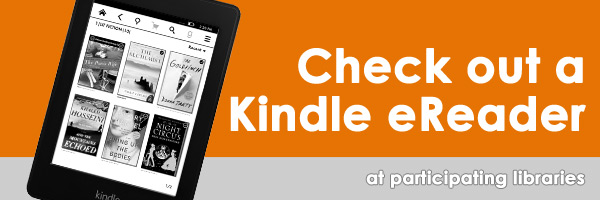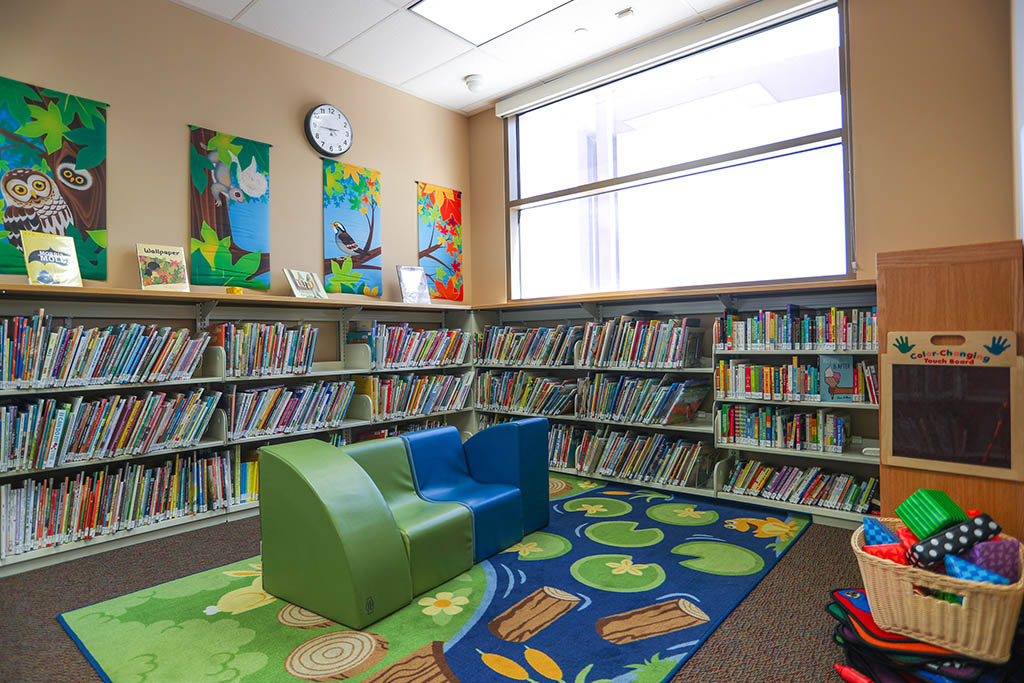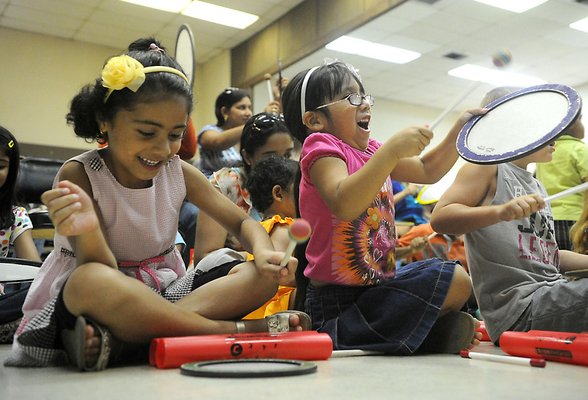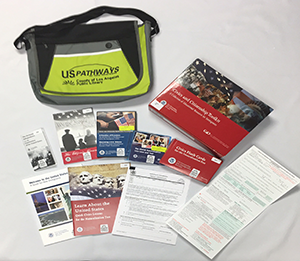Heart of Roberto
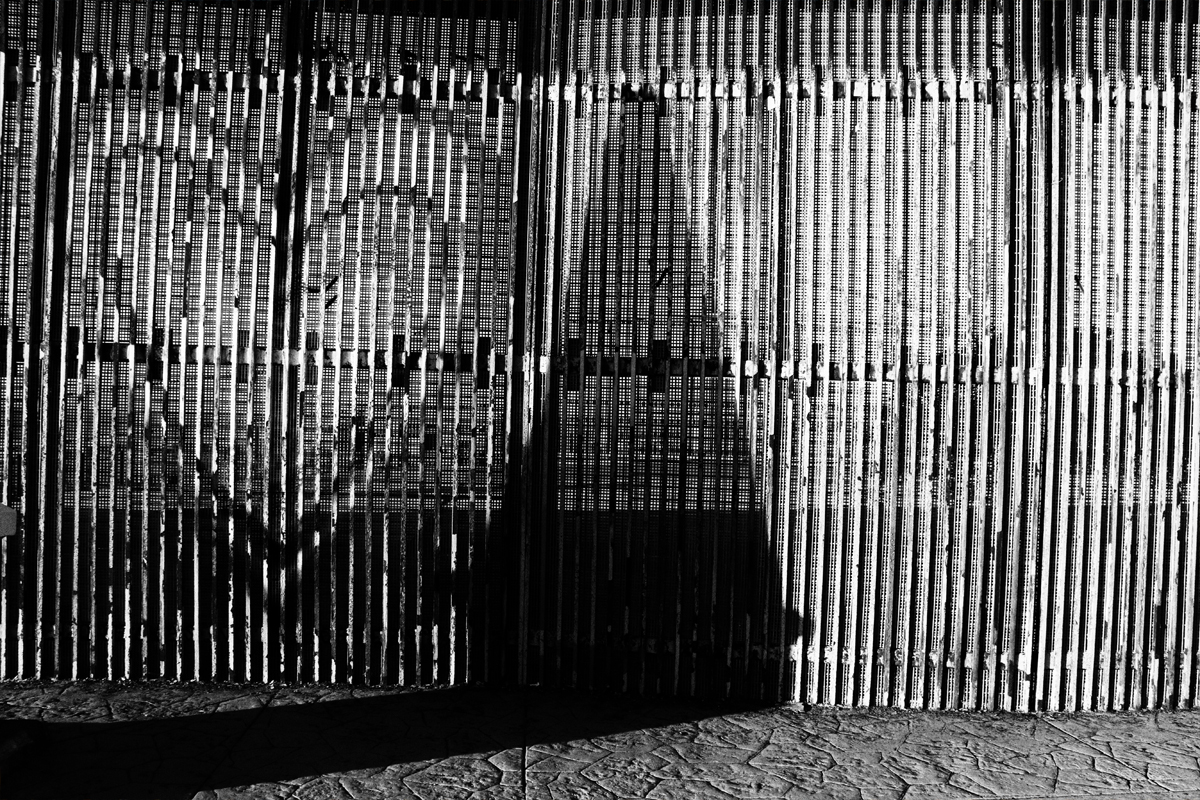
The rain came down hard and fast on the September morning my family held the funeral mass at St. Mary’s in Whittier for my uncle Bobby.
Robert Daniel Quintero preferred to be called “Roberto” in his last years. We placed his urn, along with a potted cactus (to represent his beloved Tucson) and his framed portrait on a table in front of the altar. His weathered, handsome face grinned back at us. I had taken the photograph two years before; his long hair was pulled back, mustache and beard nicely trimmed.
Later that afternoon we brought his ashes to the Riverside National Cemetery. It drizzled until the sun broke through the clouds as his military honors ceremony concluded. As I watched my Dad search the grassy area for bullet casings that had fallen from the gun salute, it occurred to me that rain can be cleansing and also revealing. I realized that the unexpected passing of my uncle, though shocking and sad, was an end with which he was probably content. He was finally at peace.
A month before, Roberto would have been 65 years old. My family and I had sung “Happy Birthday” on his voicemail and texted messages when he did not pick up. My sister worried when he did not reply.
“He’s probably out with his veteran friends,” I said, “somewhere in Tucson where there is no cell reception.” I figured he was out hiking or performing a Native American ceremony.
The next day my Mom was concerned; she wanted to call the authorities and asked for a home check. A half hour later, my Dad’s cell phone rang. It was the Tucson police; they had entered my uncle’s apartment and had found him inside, deceased.
* *
When I was growing up, my uncle Bobby was a mystery to me. I rarely saw him. I didn’t understand why relatives whispered his name; I often heard my grandmother, Angelina, praying for him. I had the sense that he had no permanent residence, and that he traveled a lot. And yet I felt so connected to him.
One summer morning when I was 11 years old, I told my Mom I had a dream about Bobby.
“Well,” she told me, “today is your uncle’s birthday.”
In my young mind, my uncle was an “adventurer,” a “man of the world.” I was so proud of the Japanese doll that he had given to me. It was always exciting to receive a letter from him postmarked from some far off place; I kept them all in a special box. When he did show up for a visit, I was enthralled. Not until much later did I understand that his sporadic appearances were a sign of deeper problems.
Roberto grew up in East Los Angeles, the third child of four children. My dad Joe is first, second my aunt Herlinda, my uncle Adrian the youngest. My grandfather, Joe Sr., hailed from Yuma, Arizona, and was part Yaqui Indian. He was a hard worker and made good money as a brick mason, but often hid his earnings from my grandmother. He liked to drink and run around with other women. Sometimes he did not come home for days. When he did come home, he was often drunk, argued, shouted and beat his wife and oldest sons.
My grandmother Angelina did her best to protect and provide for her children. She made sacrifices to send them to Catholic school, while also instilling a respect for our Mexican-Indian roots. She was a curandera (medicine woman) and practiced healing with herbs and special prayers. But even my grandmother had her moments.
Wherever my grandfather was, she would stand at the back door and throw curses in that direction. He would leave her black and blue, but then she would put the children on the phone and have them beg him to come home. When my dad was 16, he pulled a kitchen knife on my grandfather and threatened to stab him if he did not stop hurting my grandmother. My grandfather eventually left my grandmother, started another family and moved back to Yuma.
High school proved a challenge for my uncle. He already had a problem with alcohol. He was constantly in trouble at school and at home. His antics culminated with “borrowing” his sister’s car – without permission or a driver’s license – and wrecking it. Even my grandmother, who always made excuses for him, was upset. Having no interest in attending college, and wanting to get away from home and East L.A., my uncle entered the U.S. Army after graduation in 1968, in the middle of the Vietnam War. He was stationed in Japan.
When Roberto filed for some veteran’s benefits in 2013, I helped him write his four-page personal statement. That was when I learned of the psychological and physical trauma he had experienced during his Army years.
Not only was he constantly taunted as “The Boy from East L.A.,” he was beaten up for “being Mexican” by other soldiers at boot camp (where he was left for dead) and also while stationed in Japan (where he blamed “Japanese gangs” rather than deal with repercussions from turning in fellow soldiers). The head, neck and back injuries that he suffered from those assaults plagued him for the rest of his life.
Though he never set foot in Vietnam, my uncle’s assignment in Japan was to escort soldiers on leave from the action. He listened to their harrowing combat stories; he was there when they woke up screaming from nightmares and when they suffered flashbacks. Years later he himself was diagnosed with post-traumatic stress disorder (PTSD).
After the Army, my uncle had trouble transitioning to civilian life. Twice my Dad bailed him out for possession of marijuana. He grew out his hair and took on the ‘70s hippie look. When his girlfriend Camille became pregnant, my grandmother hoped he would settle down, but they eventually parted.
My grandmother wanted him to stay in Los Angeles, but Roberto moved around a lot. He took low-key jobs (bookkeeper, personal assistant) in remote California towns. He tried living in the Midwest, but didn’t like it. He went to Paris and worked “under the table” until his visa expired. He was never able to stay employed for long. After he left the Army, my uncle estimated that in 37 years he had held over 100 positions in 14 different career fields.
With no steady income, Roberto was prone to periods of homelessness and wandering alone. He was bad about keeping in touch. At one point my Dad figured he was dead. Bobby’s anxiety became such that he carried as many as three knives for protection. He would remain bedridden for days without picking up his mail, much less showering. He did see psychiatrists and was prescribed medications, but some left him vomiting and feeling like a guinea pig.
“During those times, rational thought was drowned-out by the racket going on in my brain,” he told me.
In 2005, my uncle found himself in a little town called Oracle, Arizona. He was homeless for most of the time, but ended up living in a trailer park surrounded by a bunch of other Vietnam veterans. His drinking got out of control and he chain-smoked. He was often very ill; he sank into a deep depression.
He was issued disability benefits by 2006 after being diagnosed as “bi-polar mixed with major depression,” and with degenerative disk disease. Friends urged him to apply for veteran’s health and compensation benefits, but his Army experience left him reluctant. He finally relented and was taken to Veterans Affairs in Tucson where a treatment plan was created for him. He completed a recovery program and was given housing in a senior apartment complex.
As Roberto continued his therapy, he had bouts of insomnia and nightmares. The bad memories from his Army days resurfaced and he was diagnosed with PTSD, along with other neurological disorders (cognitive dysfunction, self-isolation, paranoia). He tried to quit smoking but was unsuccessful. He had to use a cane to walk. He felt fatigued, even if he rested all day.
By 2008, Roberto was on 14 medications. He hated that he could not think clearly. His stomach was constantly upset. He began to look into alternative ways to relieve the bad side effects. A friend suggested he practice meditation and breathing exercises. He attended workshops on stress-relief and self-healing techniques.
Then in 2010 Roberto met a former Marine who facilitated a weekly Talking Circle for a PTSD treatment unit at the VA. Drawing from sacred Native American traditions, the group provided a safe, comfortable environment for veterans to share their stories and listen to each other.
Something clicked. He remembered a counselor had once told him, “You want to get better? Go help other veterans.”
He pushed himself to volunteer and help lead the Talking Circle. He did not want to relive his old nightmares, yet he found strength as he witnessed his fellow veterans healing through sharing. The Talking Circle also reconnected him with his father’s Yaqui Indian roots and the best memories of his mother practicing as a curandera. He started to participate in other traditional Native American ceremonies – the purifying sweat lodge, pow wows and the sacred burning of sage.
Life now had purpose and roots. With this, he let go of his resentments and the memories from his Army years.
He continued to pursue more natural and holistic remedies to treat his medical problems. When his doctors resisted, he petitioned the VA and was awarded the right to seek acupuncture sessions for pain management and to increase his mobility. Still he continued to drink and smoke.
“At least I don’t do heroin,” he said.
He and my Dad spoke several times a week, but we did not see very much of my uncle the last year of his life. He declined our invitation to visit and celebrate the December 2014 holidays. He was too busy with this various groups; by then he was leading the Talking Circle on his own.
I was worried about him at the start of summer of 2015; I did not like his appearance in photos that he had recently emailed. I thought he looked gaunt, his hair and beard grayer and thinner.
He assured me that he had never felt better and had just been taken off another medication. He also exalted the benefits of fasting, that he felt more clear-headed and energized. Some his last voicemail messages, though, rambled on and sounded garbled, as if he had been drinking.
Six days before his body was found, my uncle’s neighbors had gone to his apartment when they realized they hadn’t seen him for a while. He barely cracked the door open; he insisted he was all right. The Tucson Coroner’s office later told me that he had suffered a heart attack. He had probably been sick for a few days.
He had not seen a doctor in over a year; he had stopped taking medications on his own. His fasting had not helped matters, according to the Coroner’s office. He had avoided his VA case manager the last month of his life.
It is frustrating to think that if Roberto had just let his neighbors in or reached out for help, he might still be here. But that was my uncle.
* *
The last time I saw my uncle, I gave him a medallion imprinted with the words “The difference you make today counts in all our tomorrows” encircling the impression of an inukshuk, stones stacked to form the shape of a man. In Alaska, these landmarks were built by nomadic Inuits to help guide others travel across the tundra.
Roberto is wearing the medallion in pictures taken during his final year. My Dad brought it back to me after cleaning out his apartment.
It is now so worn and faded; he must have rarely taken it off.
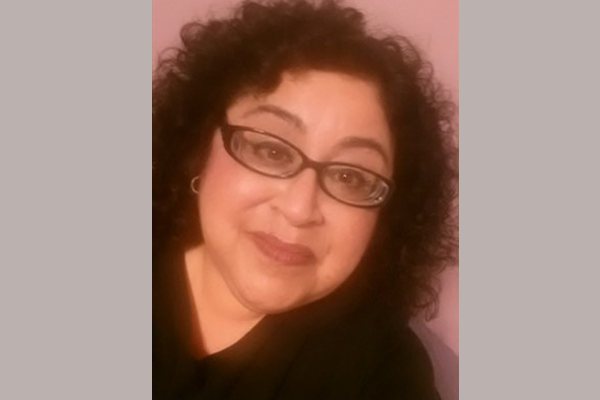
March 2, 2016


